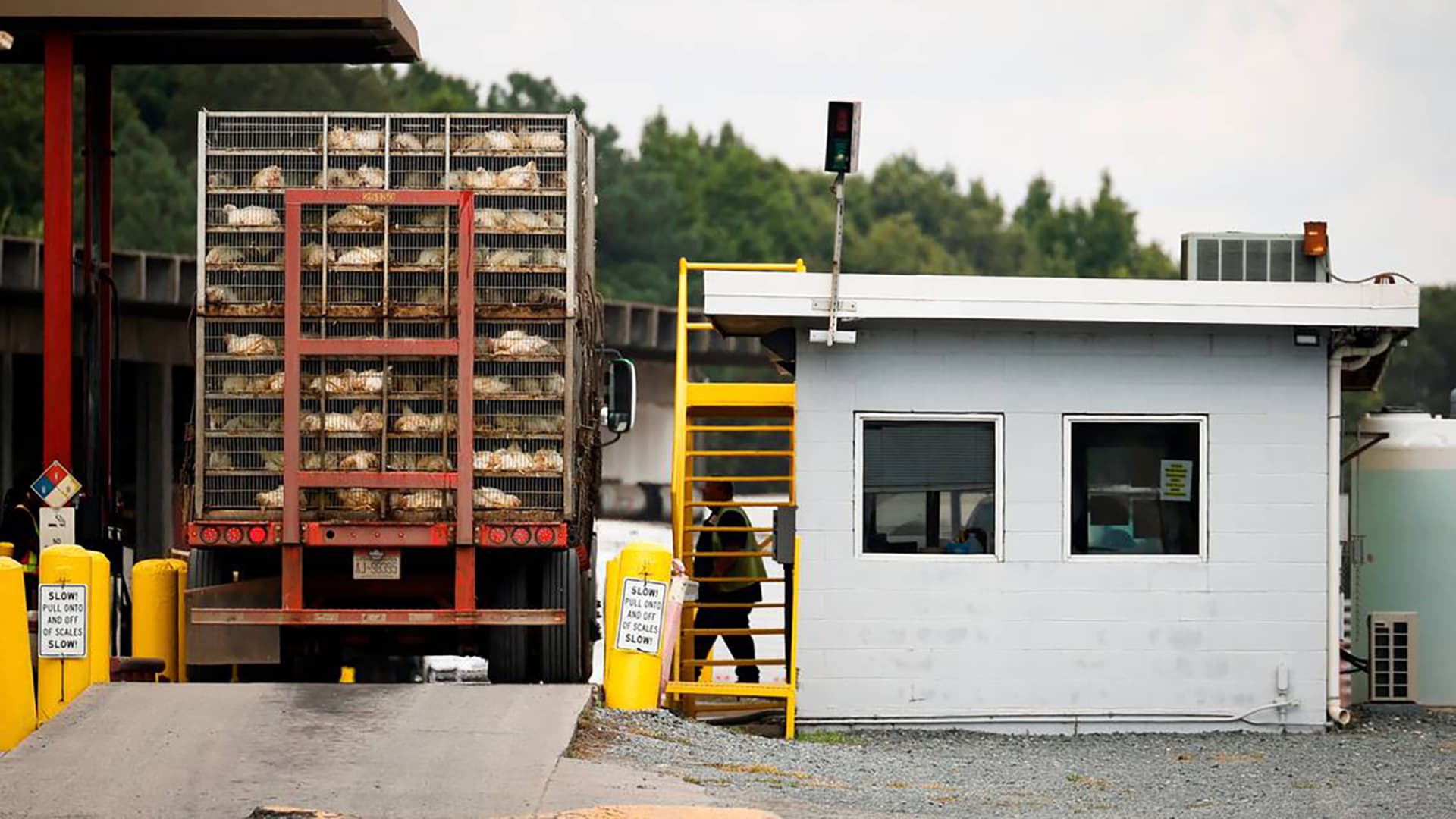US Markets
Tuesday, March 12th, 2024 2:07 pm EDT
Key Points
- Michelle Mack allegedly built an empire of stolen cosmetics from Ulta and Sephora stores, employing a network of women to steal items for her to resell on Amazon.
- Mack’s sophisticated operation extended across multiple states, with her crew committing hundreds of thefts and reselling the stolen goods on Amazon.
- Law enforcement agencies have been increasingly cracking down on organized retail crime rings like Mack’s, with the rise of such groups costing retailers billions annually and prompting stricter regulations and enforcement measures.
In a plush suburban area nestled in the San Diego foothills, law enforcement uncovered the operations of what they describe as an organized retail crime “queenpin,” Michelle Mack. Behind the walls of her spacious Spanish-style mansion, Mack had amassed a fortune in stolen cosmetics from Ulta and Sephora stores across the nation. While Mack, 53, was not suspected of directly stealing the items herself, authorities allege that she orchestrated a network of approximately twelve women to carry out the thefts on her behalf, enabling her to resell the merchandise on Amazon. These women, financed by Mack, executed hundreds of thefts spanning multiple states, meticulously targeting specific stores and merchandise, before making off with their loot, often stashing it in designer bags like Louis Vuitton. Mack’s sophisticated operation, which investigators dubbed the “California Girls,” raked in millions by selling stolen goods on Amazon, presenting a significant challenge to law enforcement agencies and retailers alike.
The rise of organized theft groups like Mack’s has become a pressing issue for retailers, costing them billions annually and prompting extensive security measures and legislative efforts. Unlike the dramatic smash-and-grab robberies that capture headlines, these groups operate discreetly, swiftly pilfering merchandise with precision. CNBC’s investigation, which involved embedding with law enforcement agencies, revealed a spectrum of theft incidents, ranging from low-level shoplifting to large-scale organized operations like Mack’s. Federal agents from Homeland Security Investigations describe even more elaborate crime groups, complete with fleets of trucks and sophisticated distribution networks that rival legitimate businesses.
Law enforcement efforts to combat organized retail crime have intensified, with agencies like HSI and the California Highway Patrol ramping up enforcement and arrests. Task forces like the one in California have witnessed a surge in arrests, indicating a growing response to the issue. CNBC’s firsthand observations of law enforcement operations underscored the challenges investigators face in building cases against these criminal enterprises, particularly when dealing with low-level theft incidents.
In one operation in New Orleans, HSI agents focused on identifying individuals involved in organized theft rings rather than arresting petty thieves, aiming to dismantle larger criminal networks. Similarly, in San Jose, California, a raid on suspected members of an organized retail crime ring led to the discovery of thousands of stolen items, highlighting the scale of these operations and their impact on retailers. The involvement of flea markets in the sale of stolen goods further complicates the issue, as seen in the San Jose raid.
Mack’s case serves as a stark example of the complexity and sophistication of organized retail crime. From her seemingly legitimate Amazon storefront, Mack sold millions of dollars’ worth of stolen cosmetics, exploiting online marketplaces to evade detection. Despite efforts to crack down on such activities, challenges persist in holding perpetrators accountable and preventing the sale of stolen goods. Retailers like Ulta and industry leaders emphasize the importance of collaboration between law enforcement and online platforms to combat organized theft effectively. However, the sheer scale and adaptability of these crime rings continue to pose significant challenges to retailers, law enforcement, and consumers alike.
For the full original article on CNBC, please click here: https://www.cnbc.com/2024/03/12/inside-organized-crime-rings-targeting-retailers-ulta-tjx-walgreens.html




